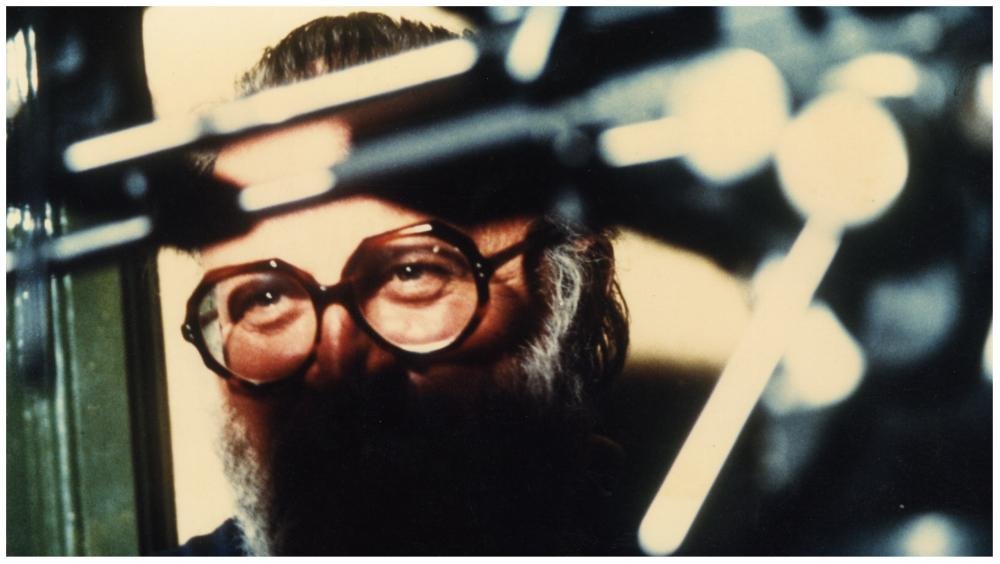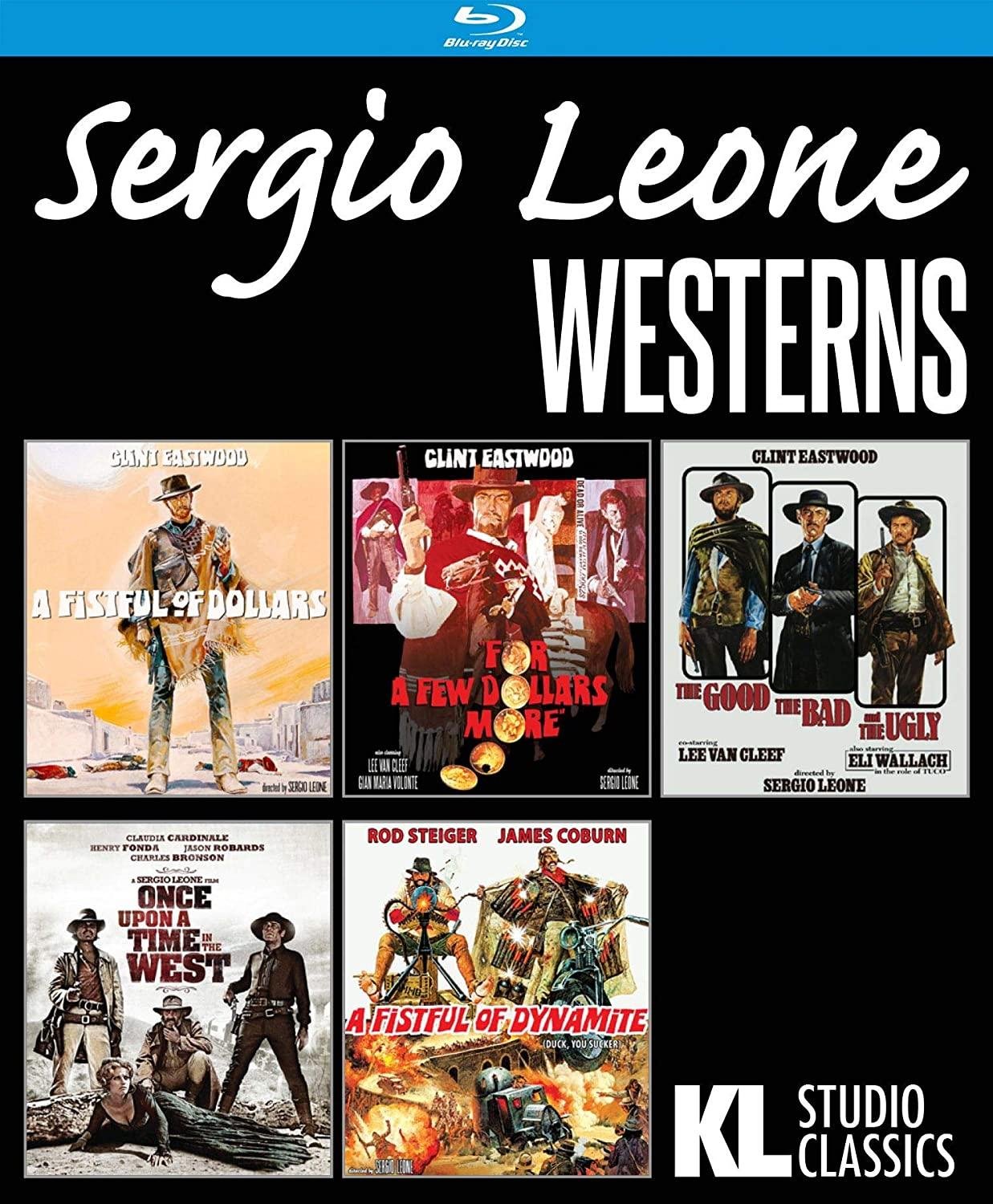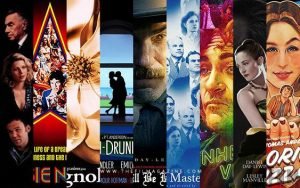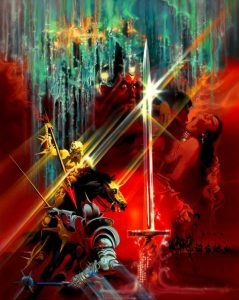The Enigmatic Genius of Sergio Leone: Exploring the Legacy of the Master Filmmaker
Sergio Leone was a master filmmaker who revolutionized the Western genre with his unique style and vision. His iconic films such as “The Good, the Bad and the Ugly,” “Once Upon a Time in the West,” and “A Fistful of Dollars” have left an indelible mark on the world of cinema. Leone’s legacy is not only evident in the countless homages and parodies his films have inspired but also in the countless filmmakers he has influenced. In this article, we will explore the enigmatic genius of Sergio Leone and delve into his lasting legacy in the world of cinema.
Sergio Leone was a master filmmaker who revolutionized the Western genre with his unique style and vision. His iconic films such as “The Good, the Bad and the Ugly,” “Once Upon a Time in the West,” and “A Fistful of Dollars” have left an indelible mark on the world of cinema. Leone’s legacy is not only evident in the countless homages and parodies his films have inspired but also in the countless filmmakers he has influenced. In this article, we will explore the enigmatic genius of Sergio Leone and delve into his lasting legacy in the world of cinema.

Introduction
Sergio Leone was an Italian film director, producer and screenwriter who revolutionized the Western genre. His unique approach to storytelling, with iconic close-ups and tense musical scores, has left an indelible mark on the history of cinema. In this article, we will delve into Sergio Leone’s legacy and how it has influenced modern filmmakers. So get ready for a journey through the wild west and the mind of a visionary director.
Sergio Leone’s early life and career
Sergio Leone was born in Rome in 1929, the son of film director Roberto Roberti. Growing up, he was exposed to the world of cinema from a young age and went on to study law at university. However, his true passion lay in filmmaking and he worked as an assistant on several productions before directing his first film, The Colossus of Rhodes, in 19 It was with his second film, A Fistful of Dollars, that Leone truly made his mark on the world of cinema. His unique style of gritty, violent, and morally ambiguous Westerns set him apart from his contemporaries and cemented his place in film history.
The creation of the “spaghetti western” genre
One of Sergio Leone’s most significant contributions to the world of cinema was the creation of the “spaghetti western” genre. This style of western movie was typically filmed in Italy, with a largely Italian cast and crew. Leone’s movies, such as “The Good, the Bad and the Ugly” and “A Fistful of Dollars,” popularized this genre and revolutionized the classic American western. The “spaghetti western” featured anti-hero protagonists, gritty and violent action sequences, and a unique blend of humor and tragedy. Leone’s influence can still be felt in modern Westerns, and his legacy as a director and filmmaker continues to be celebrated in the world of cinema.

The impact of “A Fistful of Dollars” and “The Good, the Bad and the Ugly”
Sergio Leone‘s impact on the Western genre is undeniable, and two of his most iconic films, “A Fistful of Dollars” and “The Good, the Bad and the Ugly”, are no exception. “A Fistful of Dollars” introduced audiences to the “spaghetti western” style, with its gritty and violent portrayal of the American West. Meanwhile, “The Good, the Bad and the Ugly” became a cultural phenomenon, with its unforgettable characters, epic score, and iconic final showdown. Both films have left an indelible mark on cinema, inspiring countless imitators and cementing Leone’s legacy as a master filmmaker. Whether you’re a die-hard fan or a casual moviegoer, there’s no denying the impact of these two unforgettable films.
Leone’s unique directing style and use of music
Sergio Leone‘s legacy as a director is undeniable, and one of the most unique aspects of his style was his use of music. He was known for using music to create a sense of tension and drama in his films, often choosing pieces that were unconventional for the Western genre. His iconic use of Ennio Morricone’s score for “The Good, the Bad and the Ugly” is still celebrated today, and his films’ soundtracks have become classics in their own right. Leone’s directing style was also highly influential, with his use of close-ups and extreme long shots becoming trademarks of the Western genre. His legacy continues to inspire filmmakers today, and his films remain must-sees for anyone interested in cinema, movies, and actors.
The influence of Leone on modern filmmakers
Sergio Leone is considered one of the most influential filmmakers in the history of cinema. His unique style and approach to storytelling have inspired countless modern filmmakers to this day. Leone’s use of long, wide shots, extreme close-ups, and non-linear storytelling techniques have become staples in modern cinema. His iconic Spaghetti Westerns, such as “The Good, the Bad and the Ugly,” have influenced filmmakers like Quentin Tarantino, Robert Rodriguez, and many others. Leone’s legacy will continue to influence generations of filmmakers, and his contributions to cinema will never be forgotten.

Criticisms and controversies surrounding Leone’s work
Despite being considered a master of the Spaghetti Western genre, Sergio Leone‘s work was not immune to criticisms and controversies. Some critics accused him of glorifying violence and portraying women in a stereotypical and objectifying way. Others argued that his films were overly long and slow-paced. Additionally, there were allegations of plagiarism and copyright infringement, particularly in relation to his famous “Dollars Trilogy” and its similarities to Akira Kurosawa’s samurai films. Despite these criticisms, there is no denying Leone’s significant influence on the Western genre and his enduring legacy in the world of cinema.
Leone’s later years and legacy
In Sergio Leone’s later years, he continued to be a prominent figure in the film industry, though he never directed another movie after “Once Upon a Time in America” in 19 However, his legacy continued to live on through his iconic westerns, such as “The Good, the Bad and the Ugly” and “Once Upon a Time in the West,” which continue to be referenced and admired by filmmakers today. Leone’s unique visual style and attention to detail in his storytelling have left a lasting impact on cinema, solidifying his position as a true master of the craft.
The enduring popularity of his films
Sergio Leone, the legendary Italian filmmaker, may have passed away in 1989, but his legacy in the film industry continues to this day. His films, particularly his Westerns, have endured the test of time and remain popular among cinephiles and casual moviegoers alike. Leone’s filmmaking style, characterized by wide-angle shots, extreme close-ups, and the use of music to create tension, has influenced generations of filmmakers. His masterpieces like “The Good, the Bad and the Ugly” and “Once Upon a Time in the West” are considered classics and continue to captivate audiences with their iconic characters, unforgettable music, and epic storytelling. The enduring popularity of Leone’s films is a testament to his talent as a filmmaker and his lasting impact on cinema.
Conclusion
In conclusion, Sergio Leone‘s legacy is undeniable in the world of cinema. He was a master of the spaghetti western genre, creating unforgettable characters and scenes that have become iconic in movie history. His influence can be seen in countless films and directors that have followed in his footsteps. From his unique use of music to his attention to detail in every shot, Leone’s contributions to the art of filmmaking cannot be overstated. His legacy will continue to inspire generations of filmmakers and movie lovers for years to come.
For more information about Sergio Leone’s legacy, including movie details, cast information, etc..
check out the filmaffinity page.



